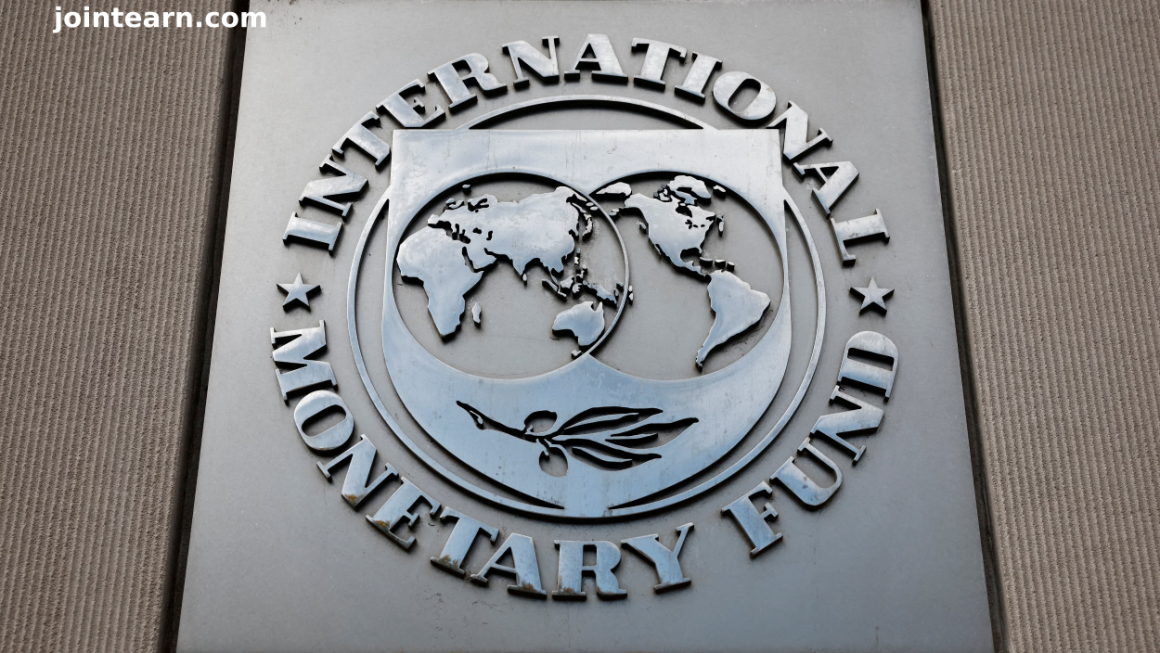The Nigeria Customs Service (NCS) has announced the interception of 298 smuggled items with a combined Duty Paid Value (DPV) of ₦7.6 billion in the first quarter of 2024. The seizures, made across various zones and commands of the agency, mark a significant milestone in the federal government’s efforts to curb smuggling and protect Nigeria’s economy.
The Acting Comptroller-General of Customs, Adewale Adeniyi, disclosed this during a media briefing held at the NCS headquarters in Abuja on Friday. According to Adeniyi, the seizures were made between January and March 2024 as part of the service’s intensified anti-smuggling operations across land borders, seaports, and airports.
Breakdown of Seized Goods
The Comptroller-General detailed that the seized items included prohibited goods such as foreign rice, petroleum products, used vehicles, expired drugs, second-hand clothing, arms and ammunition, and unregistered pharmaceuticals. He noted that some of the items were smuggled in through unapproved routes and hidden in trucks, boats, and containers falsely declared at ports.
“Among the items seized were 45,000 bags of foreign parboiled rice, 180,000 litres of Premium Motor Spirit (PMS), over 1,000 bales of second-hand clothing, and over 200 cartons of expired medications. These items pose serious economic and health risks to the country and her citizens,” Adeniyi stated.
He added that the largest haul came from the Western and Northern zones, particularly along the Lagos-Ibadan corridor and borders in Katsina, Kebbi, and Sokoto States.
Arrests and Prosecutions
Adeniyi also revealed that 91 suspected smugglers were arrested in connection with the seizures, and several of them are currently being prosecuted in various courts across the country. He said the arrests were made possible through improved intelligence gathering, collaboration with local communities, and enhanced mobility for border patrol officers.
“We are not only seizing illegal goods but also following through with legal action to deter future offenders,” he said. “Let it be known that smuggling is an economic crime and will be treated with the seriousness it deserves.”
The NCS boss expressed confidence that ongoing collaborations with the Nigeria Police Force, the Department of State Services (DSS), and other sister agencies would further enhance the agency’s enforcement capabilities in the months ahead.
Impact on Nigeria’s Economy
The customs service highlighted the economic implications of smuggling and the agency’s role in safeguarding Nigeria’s revenue and industrial growth. According to Adeniyi, every bag of smuggled rice, every litre of fuel siphoned, and every counterfeit drug brought into the country erodes the government’s revenue, undermines local industries, and endangers public health.
He emphasized that the crackdown on smuggling is aligned with President Bola Tinubu’s renewed commitment to fiscal discipline, food security, and local content development.
“Smuggling is not just an illegal activity—it sabotages our economy. When we allow unchecked importation of rice, textile, and fuel, we kill our local industries, deny jobs to our people, and empower cartels,” he warned.
Digital Surveillance and Intelligence
Adeniyi explained that the agency’s success in Q1 2024 was partly due to the deployment of digital surveillance tools, intelligence-driven operations, and revamped community engagement strategies.
“We are leveraging technology more than ever before. Our border commands are now equipped with drones, scanners, and geospatial tracking systems that help us monitor suspicious movements in real time,” he noted.
He also added that whistleblower support and community partnership programs have been instrumental in gathering valuable intelligence that leads to major interceptions.
Looking Ahead
The NCS chief vowed that the service would not relent in its fight against smuggling and economic sabotage. He disclosed that plans are underway to increase manpower at key border posts, procure more patrol vehicles, and introduce a centralized reporting system that will allow Nigerians to anonymously report suspicious activities.
“We are stepping up our operations, and we urge the public to support us. This is a collective responsibility. We must all say no to smuggling,” he said.
He also called on importers, clearing agents, and businesses to embrace transparency and compliance with customs regulations to avoid penalties and disruptions.
Conclusion
With the seizure of ₦7.6 billion worth of smuggled goods in the first quarter of 2024, the Nigeria Customs Service has once again demonstrated its resolve to protect the nation’s borders, economy, and public welfare. As the agency intensifies its operations and deploys smarter tools to combat smuggling, expectations are high that future crackdowns will be even more impactful.
The success of the agency, however, will ultimately depend on the cooperation of all stakeholders—from border communities to importers and the general public—toward achieving a smuggling-free Nigeria.












